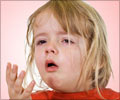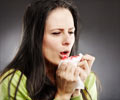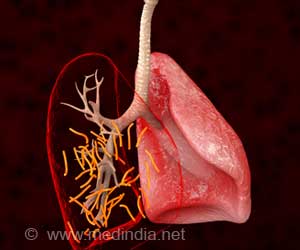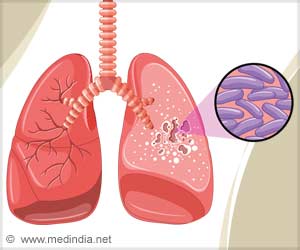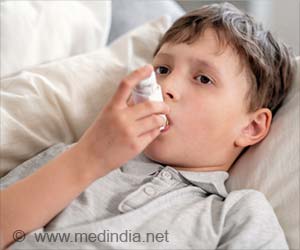Preliminary results of a new US study reveal that the vaccine for whooping cough commonly administered to young children loses its effectiveness after three years.

"When we first started having a pertussis outbreak, we assumed that this would be primarily in the unvaccinated population," Dr David Witt, of Kaiser Permanente Medical Center in San Rafael, California told a conference in Chicago, using the scientific name for the once-common childhood disease.
"What we pretty quickly identify is that the bulk of the outbreak was in fully vaccinated children" in the 8-12 age group, he said.
"Older kids and younger kids seemed to be pretty well protected but the age of eight to 12 was the vast bulk of the cases. And when we examined that, it was correlated to being more than three years from the last vaccine booster dose."
He added that a lot of the children did not seek care because the vaccine mitigated the symptoms.
He cautioned that more research was necessary as he presented the preliminary results at the Interscience Conference on Antimicrobial Agents and Chemotherapy (ICAAC) organized by the American Society of Microbiology.
Advertisement
These children were up to 20 times more likely to become infected than those whose last booster injection was more recent, Witt said.
Advertisement
The infection causes coughing fits lasting up to 10 weeks and can be fatal, especially in infants. It is commonly treated with antibiotics, which are used to reduce symptoms and prevent the spread of the disease.
The disease infects 30-50 million people worldwide each year and kills some 300,000, according to the US-based Center for Disease Control (CDC).
Source-AFP

